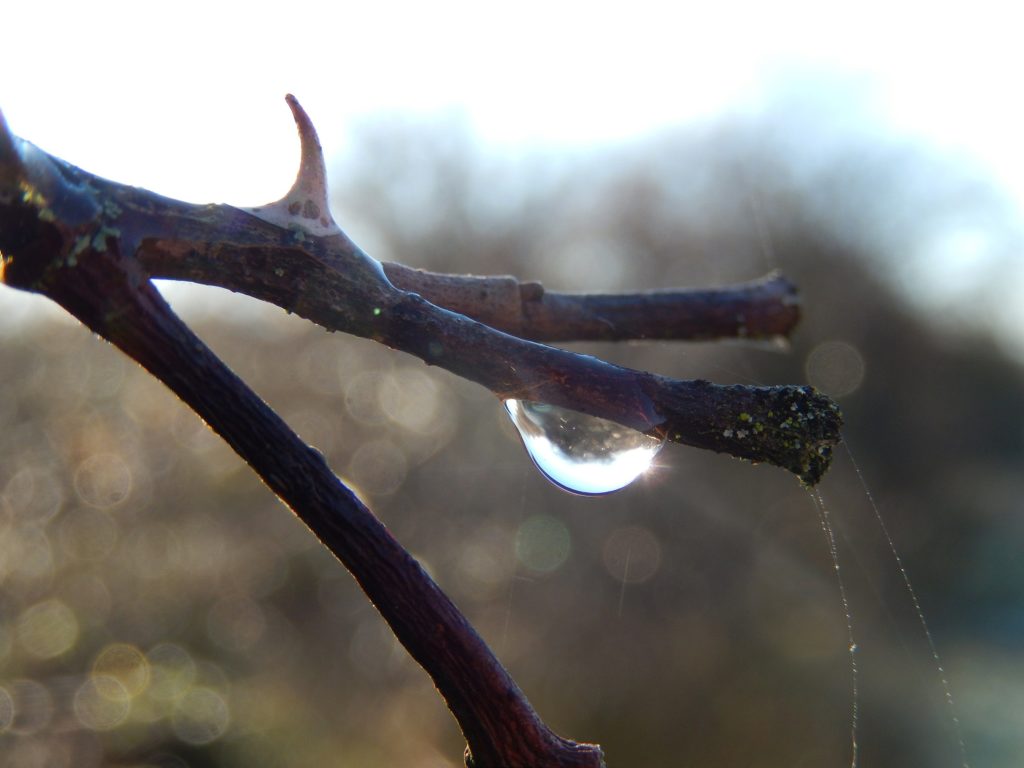

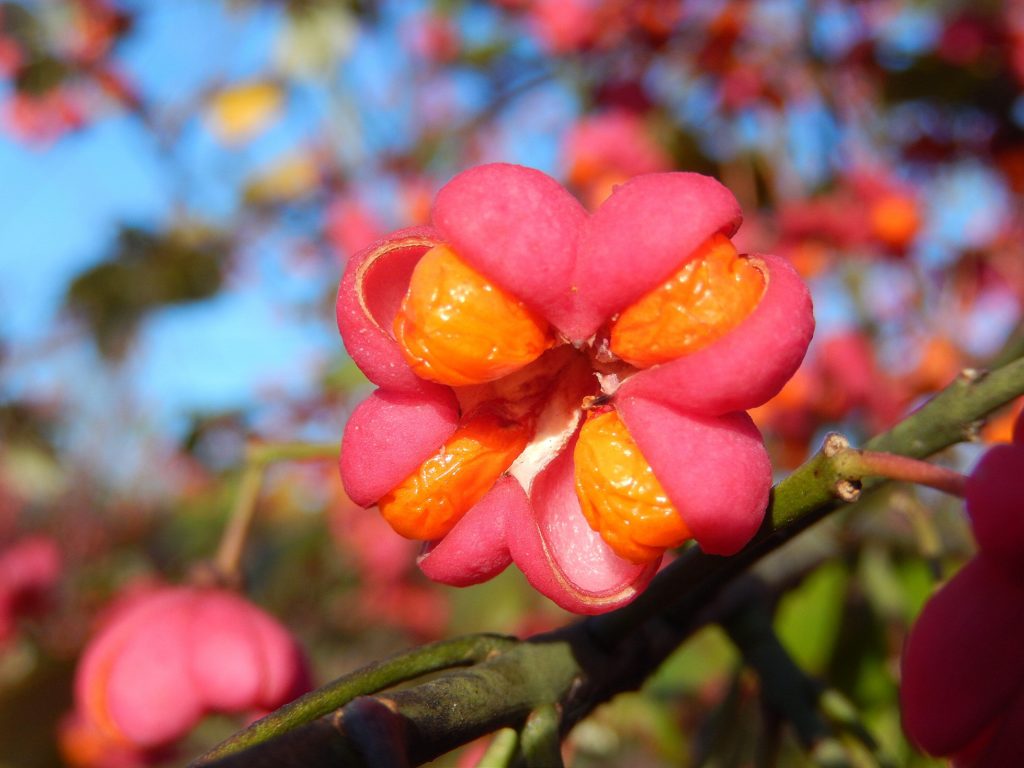
The colours have not been manipulated in any way: they are just as they appeared on a sunny crisp November day.
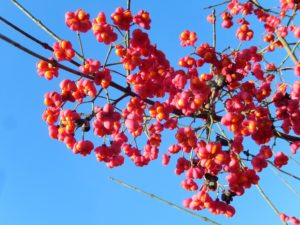
The Spindle tree was once used to make spindles for spinning thread (you can see the long straight twigs, which were ideal for the job). The bizarre fruits dehisce into four, revealing the four bright orange seeds.
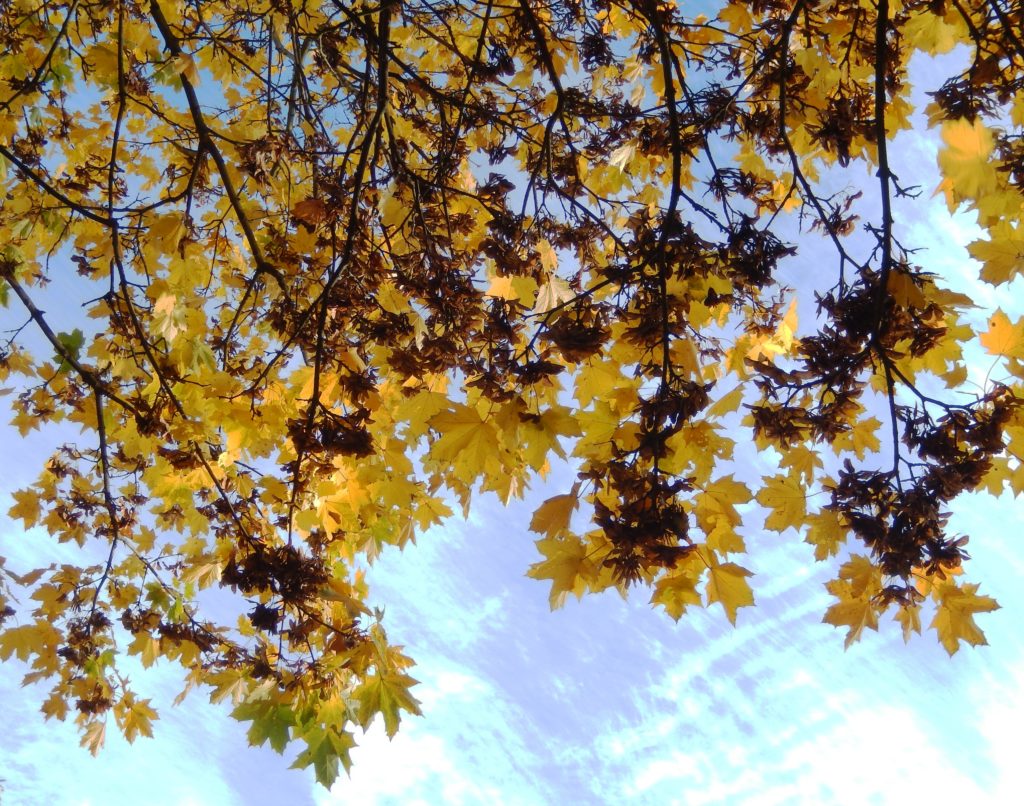
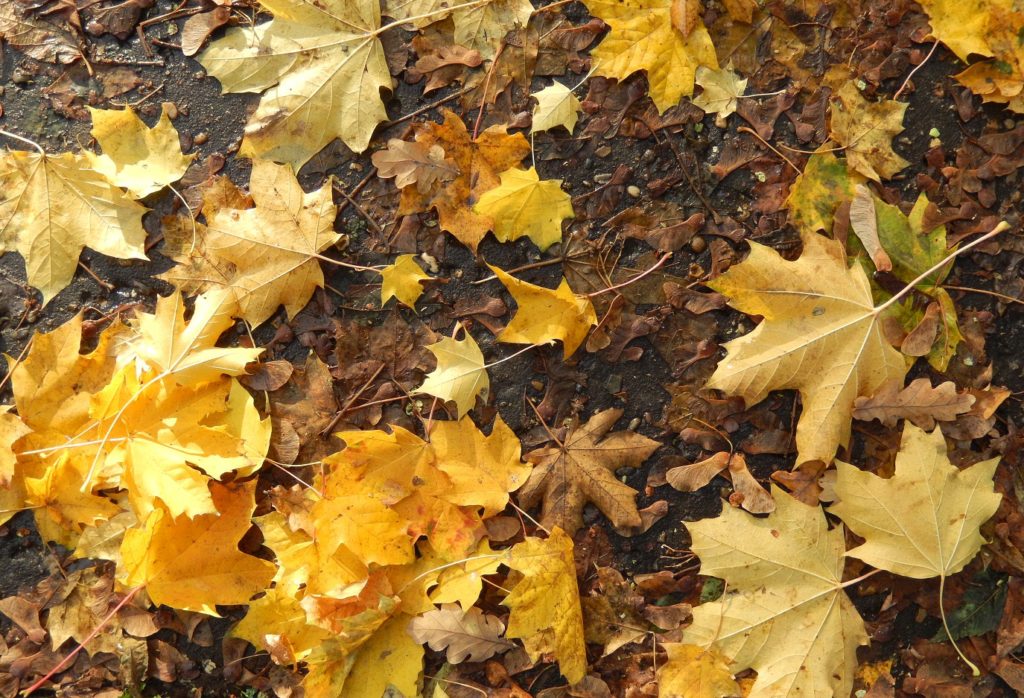
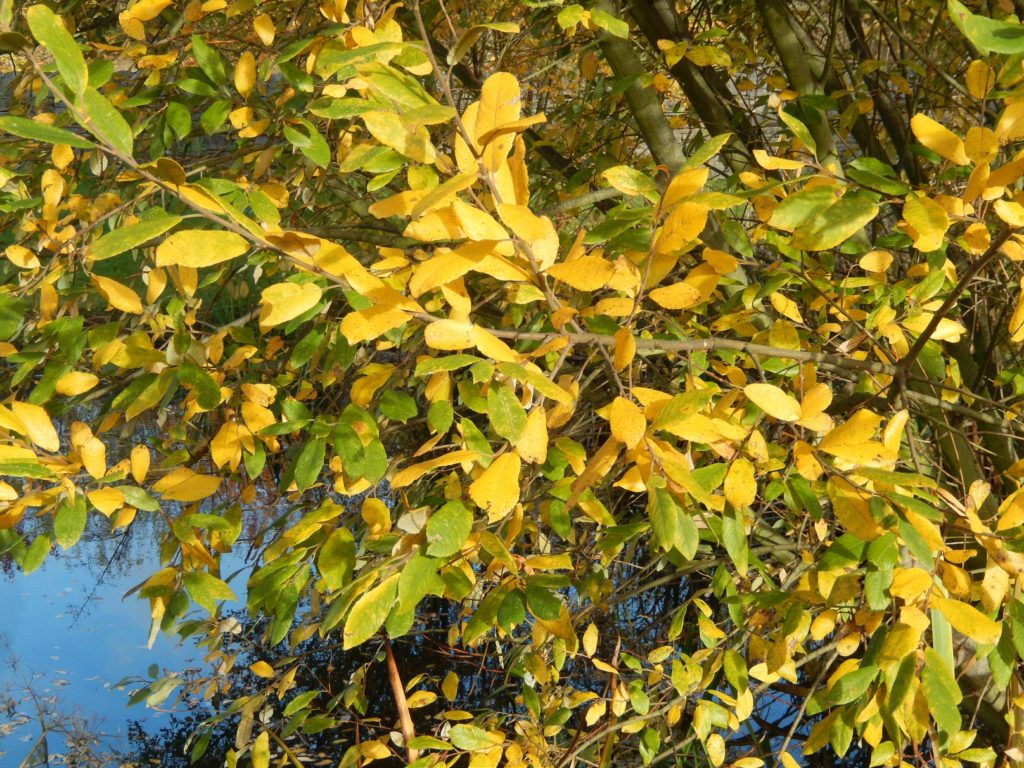
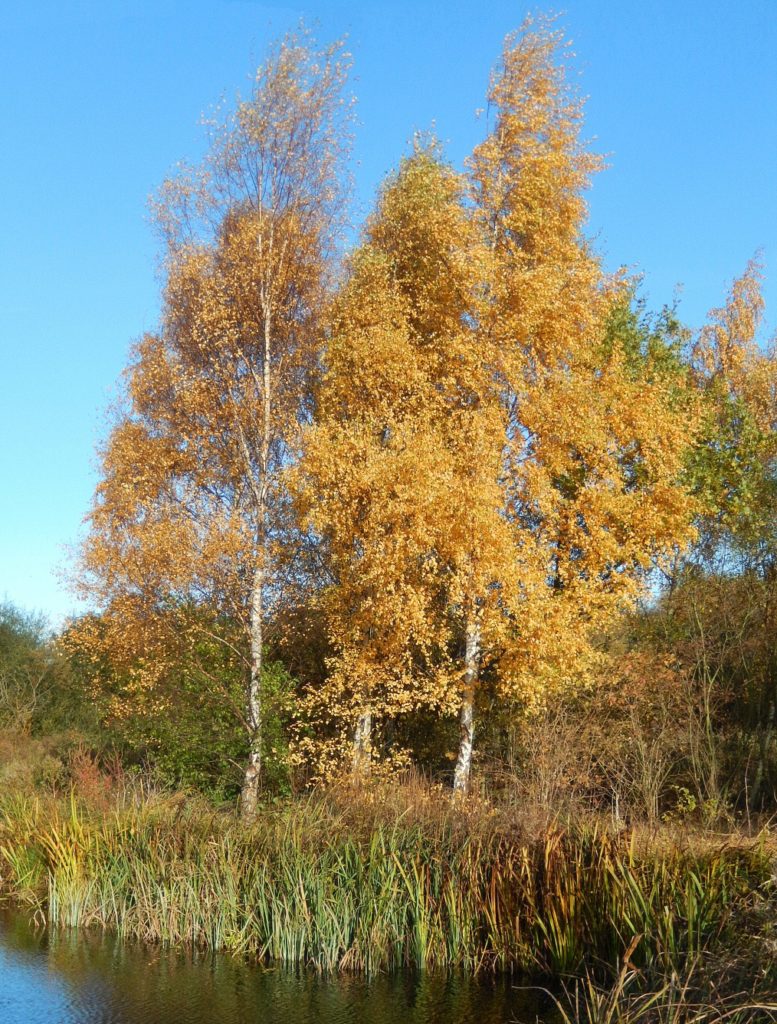
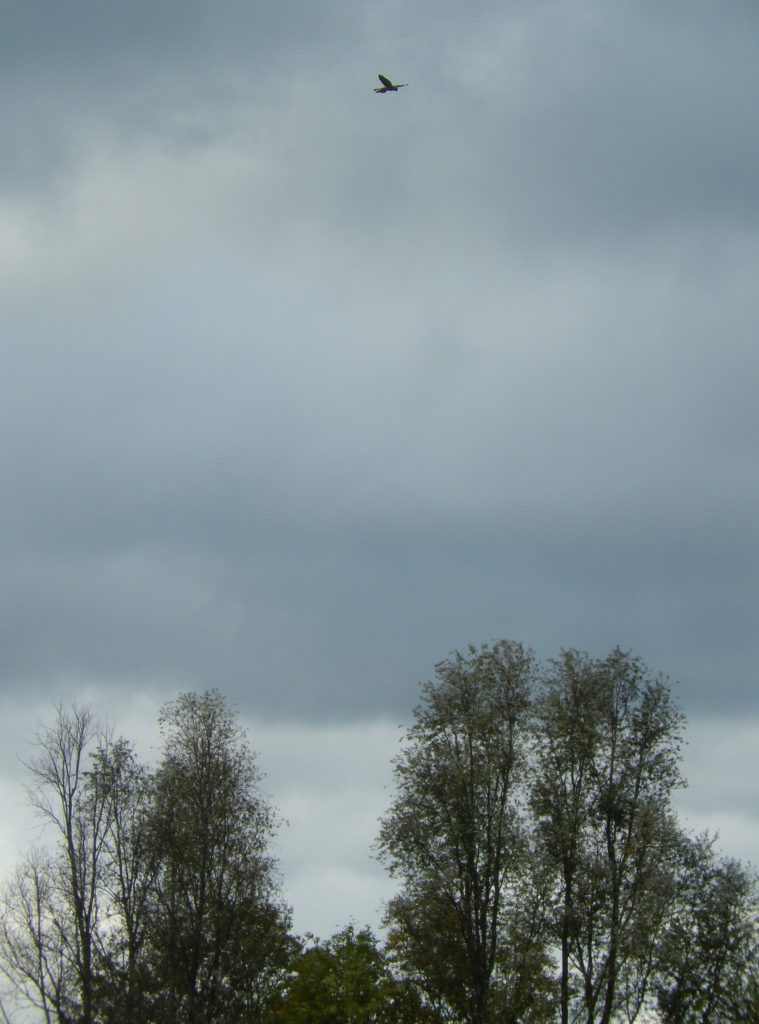
Winter showed her wizened hand today. The bright sunshine of the morning quickly gave way to cloud under a chilly northerly wind. Zipping up my coat, I wondered if I’d see anything worth remarking, and plodded up the path in the flat light. I looked left at the river Colne, and a plump Water Vole splash-dived among some juicy Iris leaves that I guess it had been cutting. Once a common enough sighting, it’s now something very special.
The main lake was almost devoid of birds, a distant swan, a few black-headed gulls and a coot or two more or less summing it up, a dull day (apart from the vole). I rounded a bend and came face to face with a very fresh-faced, brightly-coloured fox. It stared at me for a glorious second, then turned tail and fled. Given the long narrow neck of land between the river and the lake, it must have run quite a way to escape.
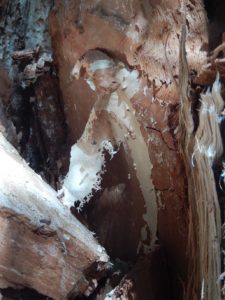
Not much further, a riverside willow had fallen on to an ancient hawthorn, forming a striking arch. The broken trunk was quite hollow, only a couple of inches of the newest wood remaining as a thin fragile tube. These large trees grow rapidly to a considerable size — and suddenly fall. The wood is soft, and it seems that saprophytic fungi (or perhaps parasitic) can speedily destroy it. This tree was layered with a dry papery sheet of whitish mycelium, presumably whatever species it was that rotted the trunk hollow.
A dark brown Buzzard, almost without markings, floated broad-winged just above the small lakeside trees, almost close enough to touch.
Beside me, the lake suddenly exploded into a mass of pattering feet on water, as a dozen Gadwall rushed to take off. Perhaps these newly-arrived birds are from the frozen north, unused to the slightest human disturbance.
The end of the lake held a score of Tufted Duck, their numbers too increasing rapidly now, again presumably from colder lands to the north or east.
At the steel bridge, a Bullfinch repeated its insistent call, Deu, Deu. And over the grassy meadow, a Kestrel floated silently, hovered, drifted effortlessly upwind to hover again.